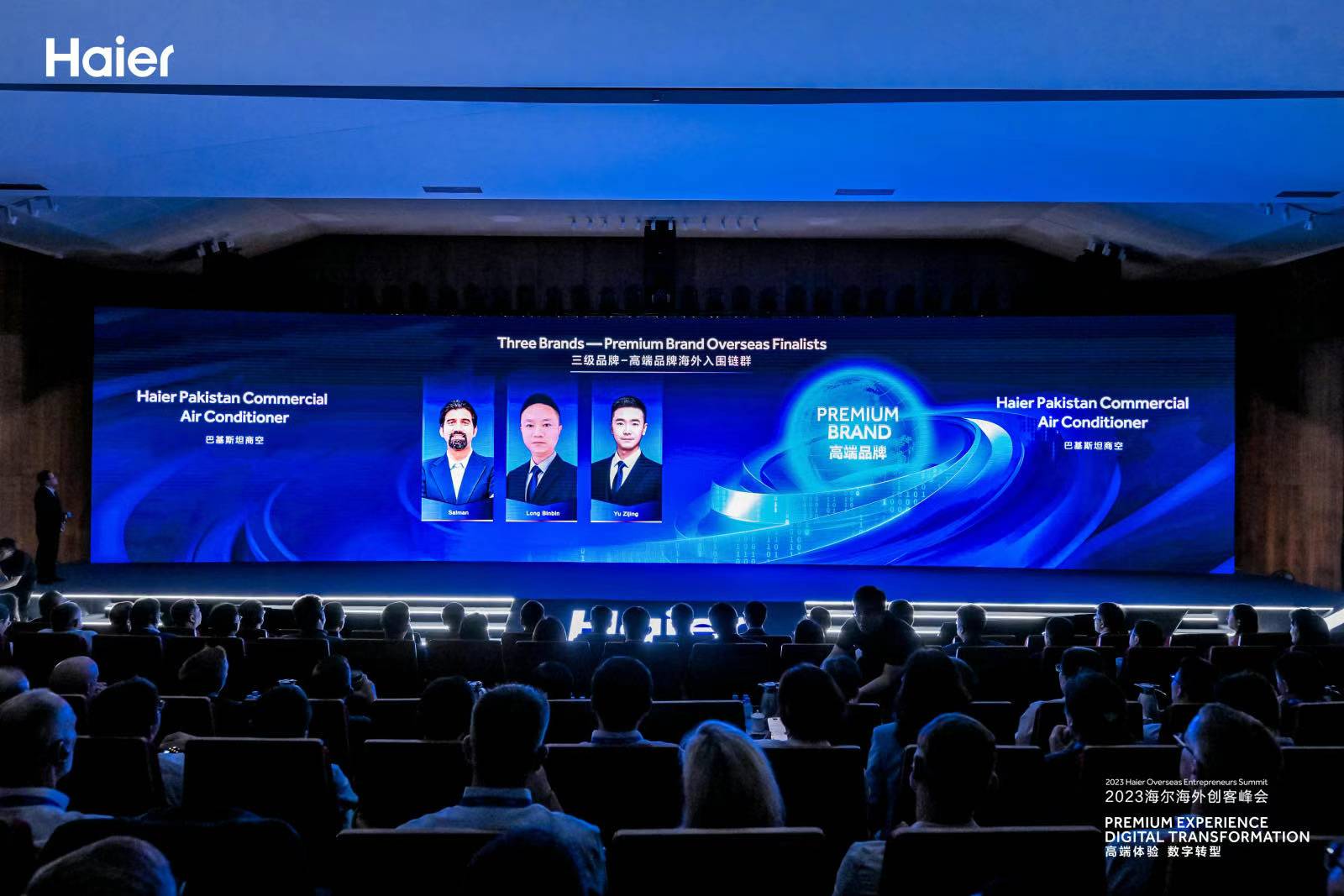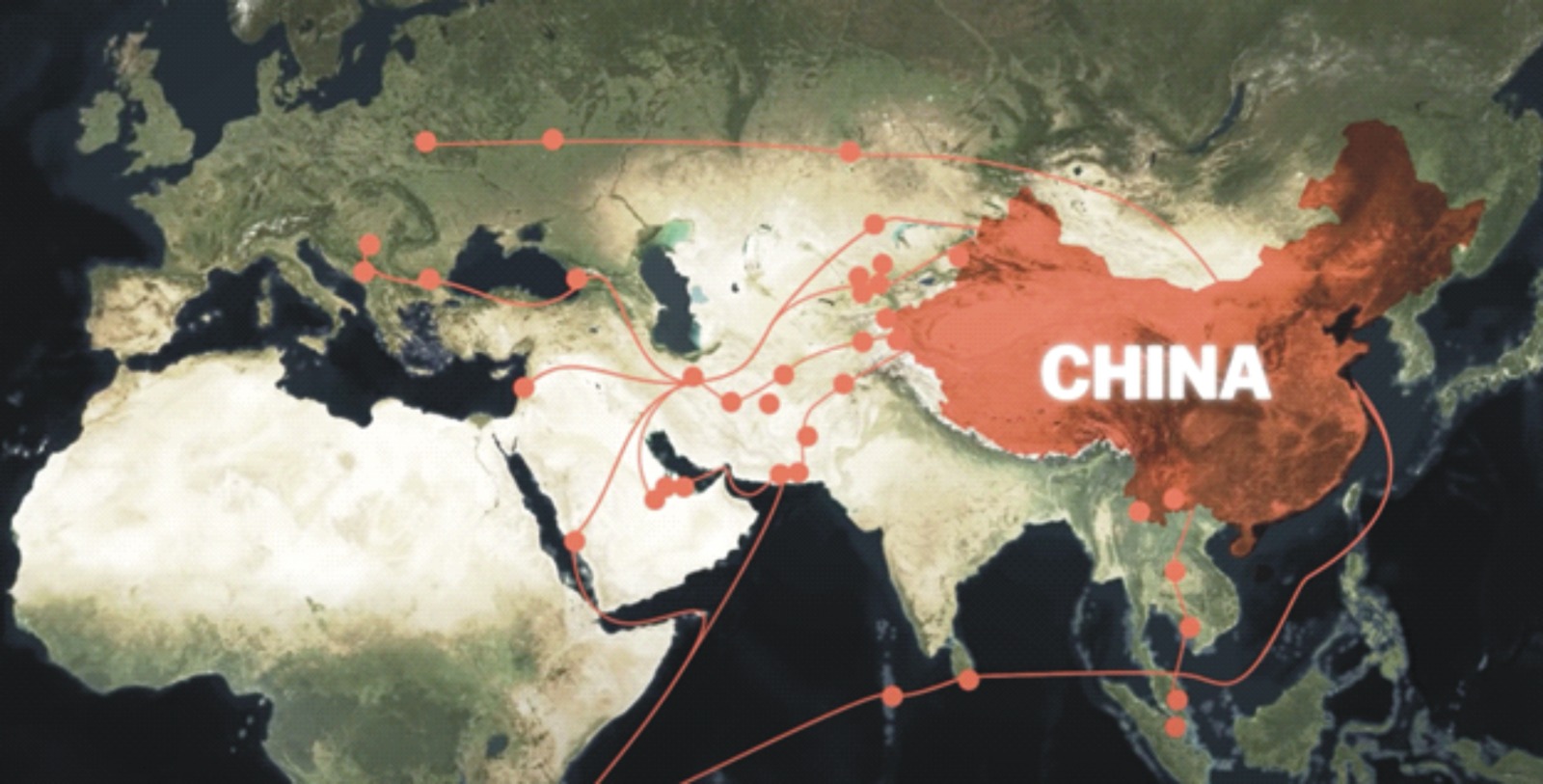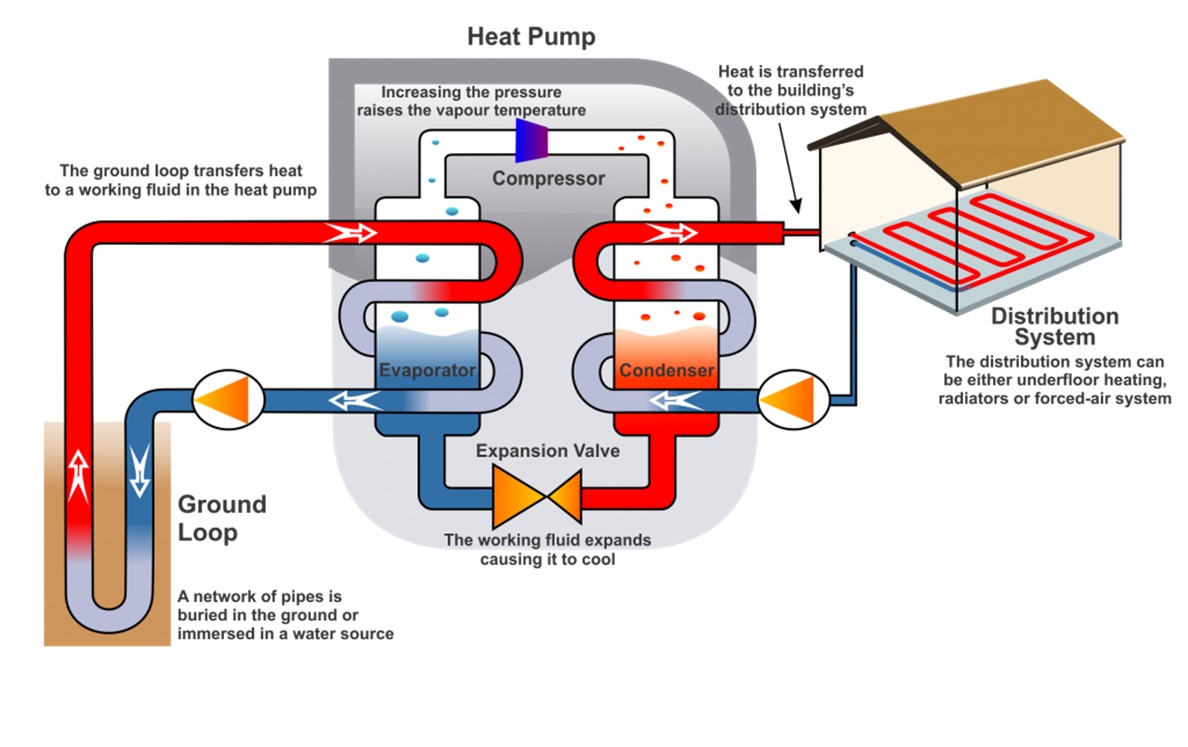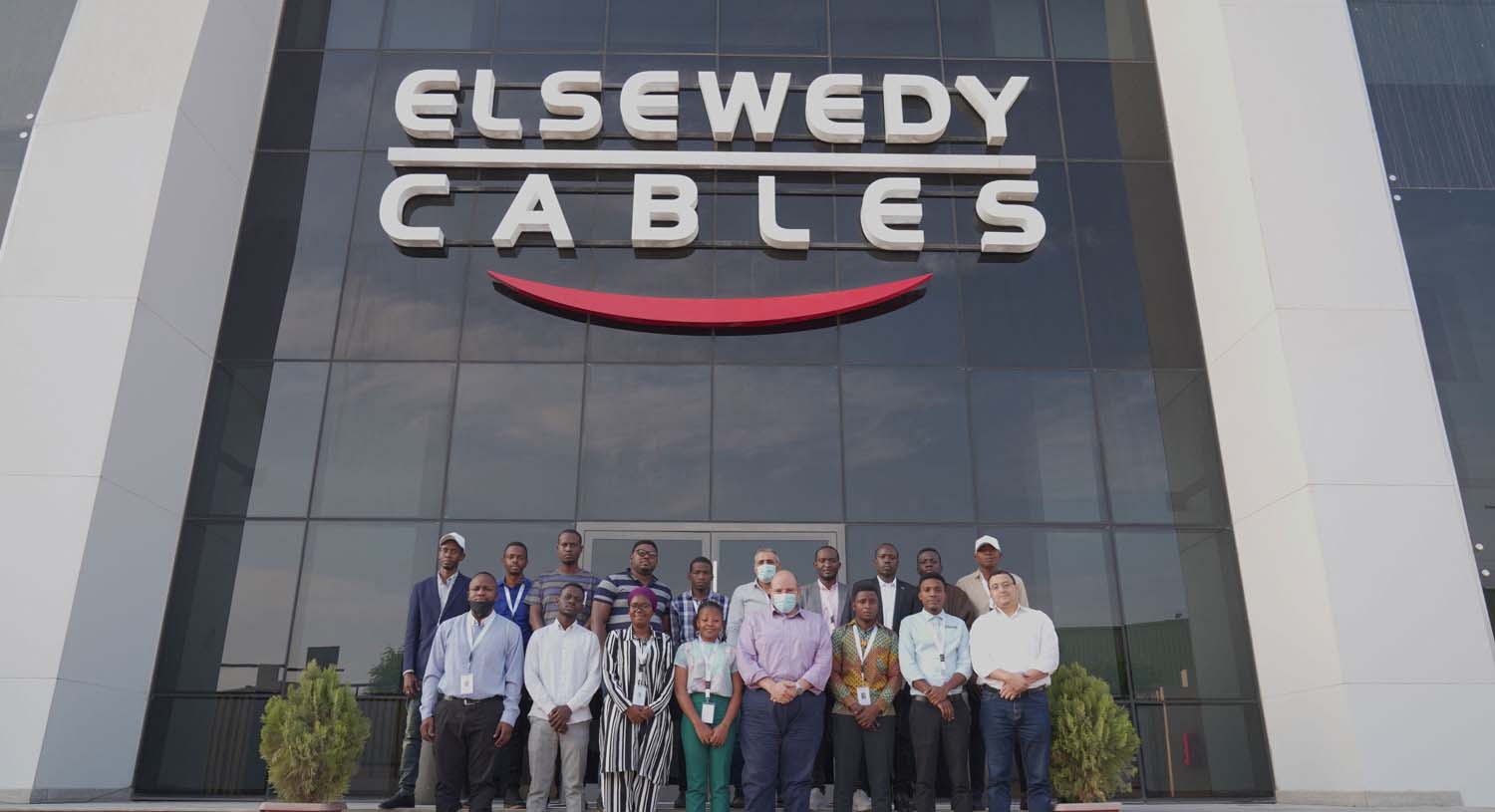Haier Pakistan-commercial
AC Shines at 2023 Haier Overseas
Entrepreneurs Summit in China
In the ever-evolving world of technology and innovation, the 2023 Haier Overseas Entrepreneurs Summit in China emerged as a pivotal […]





